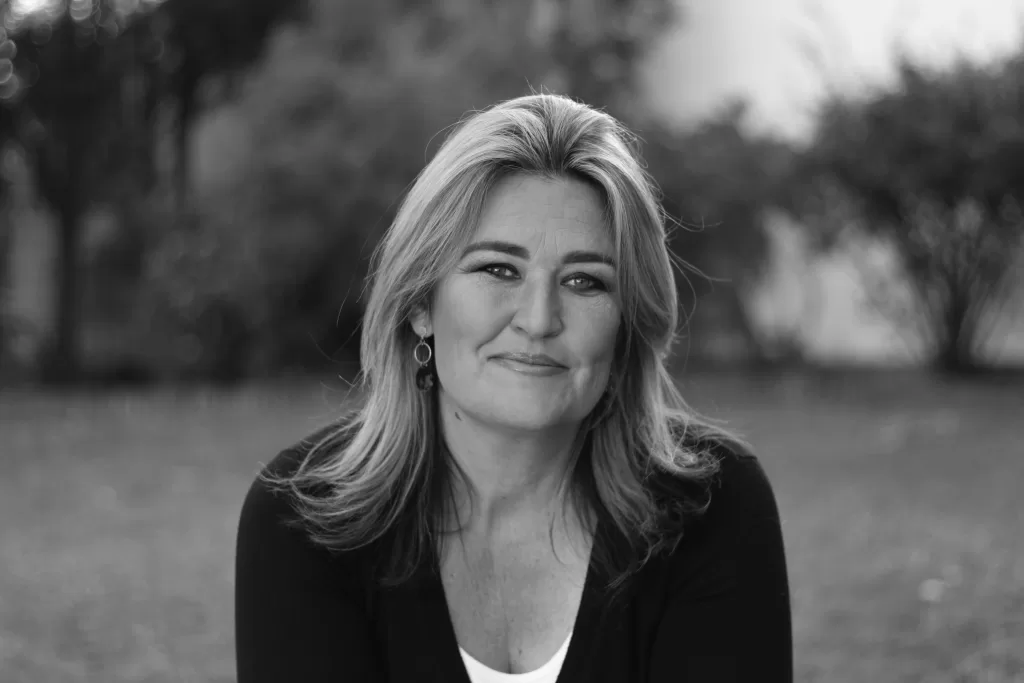“As we commemorate Heritage Day, it is essential to shine a spotlight on the remarkable diversity of cultures that have united us as South Africans, rather than how they historically divided us,” says CEO of Under One Roof, Lynne Krawchuk.
“It provides us with an opportunity to imagine a future where we are all finally considered and treated as equals, to understand one another’s different values and choices, and to become less judgmental. It’s a day when we should make the decision to stop referring to ‘us’ and ‘them’.”
This is the foundation and sentiment that Under One Roof has been built on. It does not tolerate discrimination of any type, a mantra that is included in its strategic growth plan that speaks to the ongoing development of a platform that responds to the different needs of its visitors, customers, and loyal supporters.
“This is reflected in the manner in which we ‘talk’ to people. We are not purely about property as a result. We aim to address issues and introduce topics that enlighten and inform of the different lifestyles and needs of our country’s officially-recognised indigenous groups. We focus on storytelling as a way to touch hearts and change lives for the better and elevate our Constitution’s directive that everyone has the right to adequate housing,” emphasises Krawchuk.
Customary homes
One of the most interesting aspects of South African multiculturalism, which is somewhat unique in the world says Krawchuk, is the different architecture of tribal and customary homes, and how those embody an entire indigenous group’s culture. “Whilst there appears to be a ‘sameness’ in design in some cases, if you look a little closer, you’ll notice subtle differences, many of which exist for good reason.”
Under One Roof highlights these on its website – “What this proves is that few countries have as rich a residential architecture as South Africa. And what really stands out, is the historic inter-connectedness of people.”
Community and family
Ethnic housing is designed to reflect a strong attachment to community and family. Settlements were traditionally built as family homesteads or community villages, with a central courtyard for gatherings and mealtimes. “Whilst modern society does tend to prefer the secular household, in some ways I think it isolates us from one another,” says Krawchuk. “Even today, the manner in which our ethnic groups embrace, respect and care for the entire family unit, especially the elderly, is extraordinary in modern society. “
Newcomers
“We must also honour those who have, either historically or by choice, chosen South Africa as their home. Regardless of where a person is born, and given the world has become smaller, if someone identifies as an African, they are welcomed. It’s a South African trait that is acknowledged worldwide,” says Krawchuk. “Immigrants enrich our culture and they add new dynamics to our vibrant society. They strengthen our bonds of unity, and nothing rings more true of that than how we come together ‘under one roof’ to celebrate our victories and yes, losses too.”

South Africa’s unique multiculturalism is powerful. It leads to more inclusive societies, be that in the workplace or our home lives. “When we open our minds to inclusivity, we challenge assumptions and this changes our perceptions, and eliminates stereotyping.
“Under One Roof’s message this Heritage Day is that we should remember that we while we are all different, together we have a strength and a bond that is difficult to fracture,” says Krawchuk. “I like this quote by Robert Alan, an American screenwriter who said: Cultural differences should not separate us from each other, but rather cultural diversity brings a collective strength that can benefit all of humanity.”





























